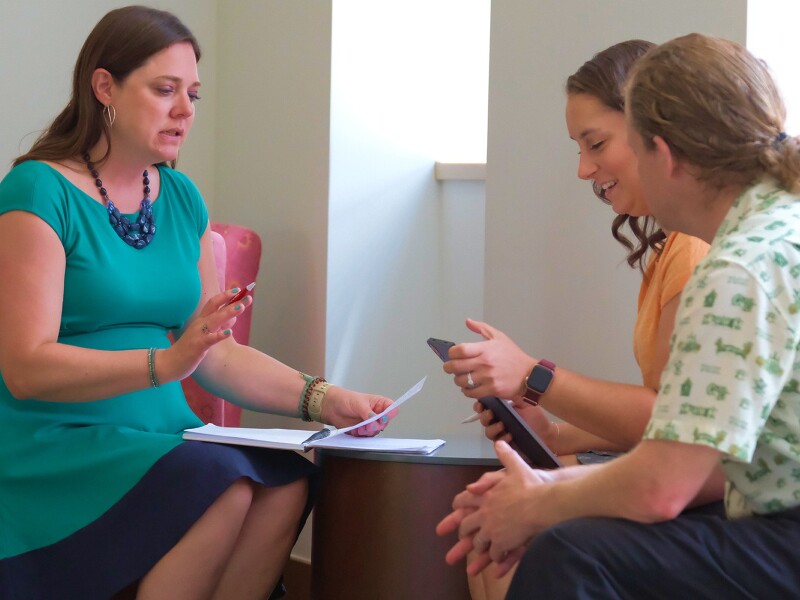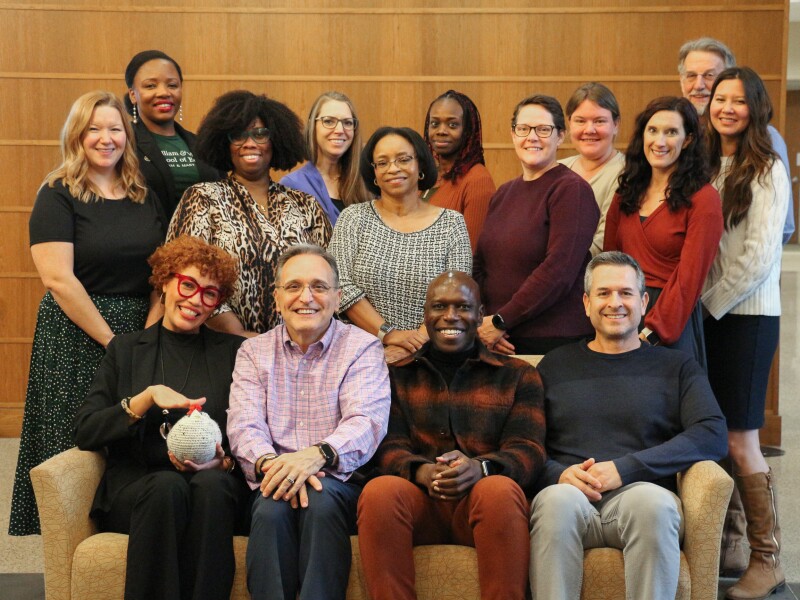To Help Clients Thrive, Complete a Concentration in Clinical Mental Health Counseling
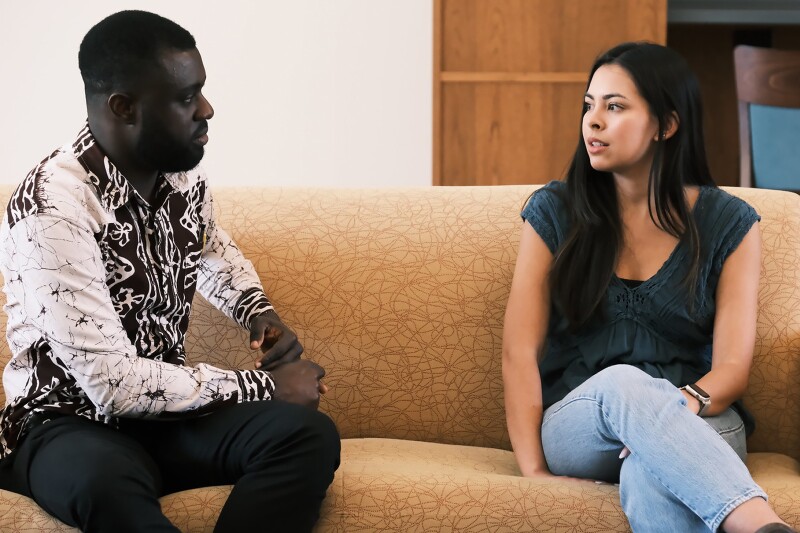
A counseling master’s degree with a concentration in clinical mental health counseling is the first step toward a fulfilling career as a licensed professional counselor.
This career field offers you diverse specialization choices, a positive job outlook, the ability to work practically anywhere, a good salary, and the opportunity to help people lead happier and healthier lives.
Every state in the U.S. requires a license for counselors in private practice, and a master’s degree is one of the prerequisites for licensure. Some entry-level counseling jobs, particularly substance abuse counseling, don’t require a license. However, your practice and salary options are very limited without the formal training gained through the advanced degree and licensing process. Counselors with a master’s degree can expect to earn higher wages than those without one.1
Choose William & Mary for Our Culturally Sensitive, CACREP-Accredited Curriculum
Prepare for your future, and help transform the lives of others with the Online Master of Education (M.Ed.) in Counseling with a concentration in Clinical Mental Health Counseling. You can complete the degree while gaining important clinical experience in as few as three years (60 credit hours).
William & Mary’s online concentration in clinical mental health counseling, centered on social justice, will prepare you for the next steps on your journey to being a licensed professional counselor.
Our curriculum blends diverse theoretical perspectives and practical applications with research and quantitative methods. The courses will challenge you and help develop your understanding of patient intervention and advocacy methods.
Complete your coursework for the program online, and visit the campus for two brief, three-day residencies to prepare for your practicum and internship experiences. Become better acquainted with the faculty and your fellow students while engaging in the array of experiential learning activities during the residencies.
Please note that fieldwork requires 8-10 hours per week at a practicum site and 20 hours per week at an internship site. Learn more about practicum and internship requirements on the FAQ page.
- Professional, ethical and legal issues in counseling
- Theories and techniques of counseling and psychotherapy
- Human growth and development
- Multicultural counseling
- Contemporary issues in counseling
You will also have the first of two required three-day on-campus residencies this year.
- Psychopathology
- Research and measurement
- Group theory and techniques
- Marriage and family counseling
- Career development
In the second year, you will also have the second of your three-day on-campus residencies.
- Substance abuse and addictions, including their impacts on families and society
- Relational counseling and sex therapy
- Transpersonal counseling
If you choose the military and veterans counseling specialization, this year's emphasis will shift to topics more germane for military personnel and their families. See details for all the courses on the Curriculum page.
You will also complete your practicum and supervised internship during the final year of coursework. The three-credit-hour practicum offers your first exposure to client contact, so you can begin refining your approach to counseling. The six-credit-hour internship allows you to expand and reinforce the practical learnings gained during the practicum. The supervised fieldwork component of our program also helps develop your professional network and gives you a solid base of experience on which to build your career.
Prepare to Serve Others as a Licensed Counselor
William & Mary's CACREP-accredited online counseling programs emphasize social justice and cultural responsiveness while preparing you for licensure. Study with attentive faculty mentorship through our flexible online format. Choose the specialized educational path that fits with your professional goals and learn to create positive transformation—one client at a time.
Download our guide to learn more about:
✓ The Online M.Ed. in Counseling program
✓ Paths to licensure
✓ The career outlook for counselors
✓ Faculty in the Online M.Ed. in Counseling program
✓ Admission requirements
✓ The online student experience
This will only take a moment.
What Can You Do With a Concentration in Clinical Mental Health Counseling?
Most people pursue a master’s degree to become licensed professional counselors. Some decide to pursue doctoral degrees, while others go into related fields such as advocacy or policy work.
As a licensed clinical mental health counselor, you can work in various settings, including community-based mental health centers, hospitals, Veterans Affairs clinics, and other treatment centers.
In your practice, you may see clients with a range of problems. Or you may specialize in helping clients facing specific challenges, such as those who have served in the military, are experiencing marital or family difficulties, or struggling with addictions.
Learn more about possible career paths with your master’s degree and concentration in clinical mental health counseling.
What’s the Difference Between a Mental Health Counselor and a Therapist?
There are many reasons people might need help from a mental health professional, and different ways of preparing to serve that need. There are also different ways to talk about mental health professionals' work, and you may find the terms mental health counselor and therapist used interchangeably.
Some people differentiate between therapists and counselors based on the level of education, saying that therapists have doctoral degrees while counselors have master’s degrees. But there is debate about whether that makes a difference in the type of work. All mental health counselors and therapists help clients work through personal challenges.
One helpful distinction lies in the scoping and focus of the work. Therapists focus more on the root causes of problems in long-running client engagements. Mental health counselors typically have shorter engagements focused on solving specific problems or learning how to avoid or cope with challenging situations.2
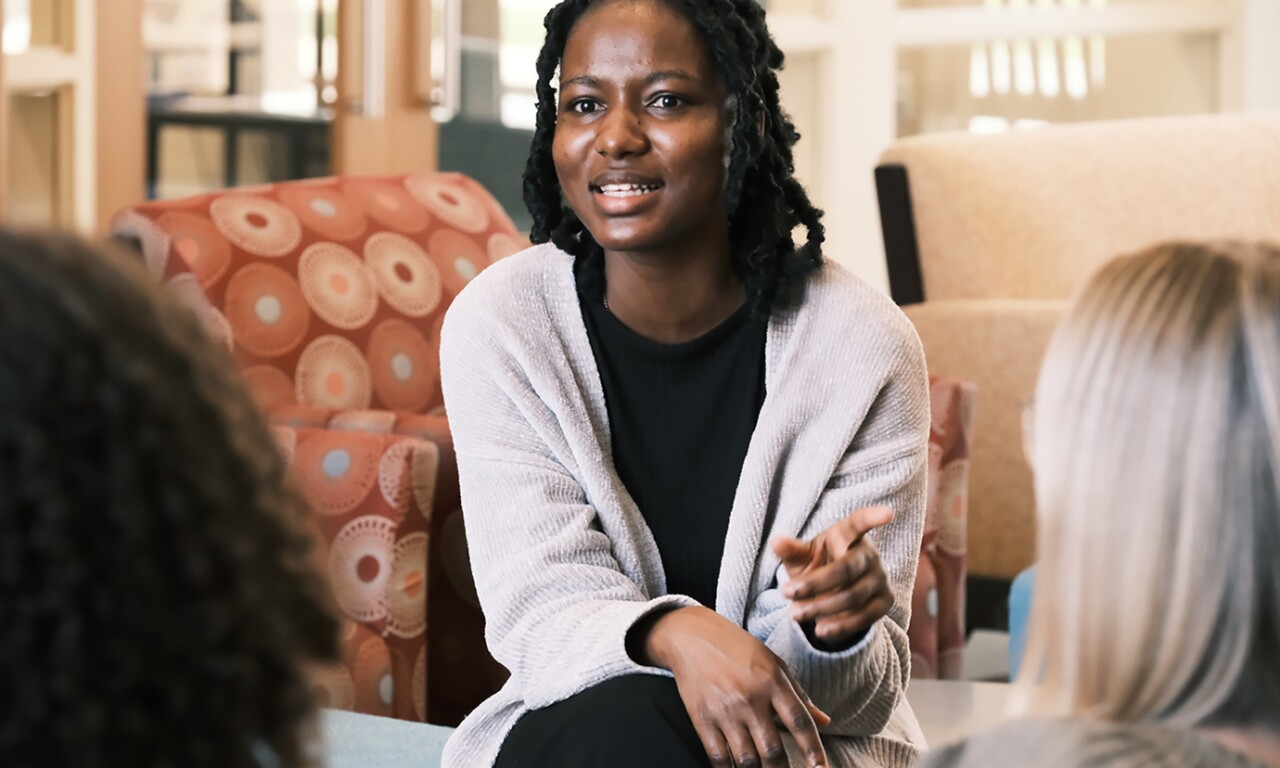
Develop Core Counseling Competencies Through Your Coursework
- Diagnosis
- Treatment
- Referral
- Prevention
Serve the Military Community With a Military and Veterans Counseling Specialization
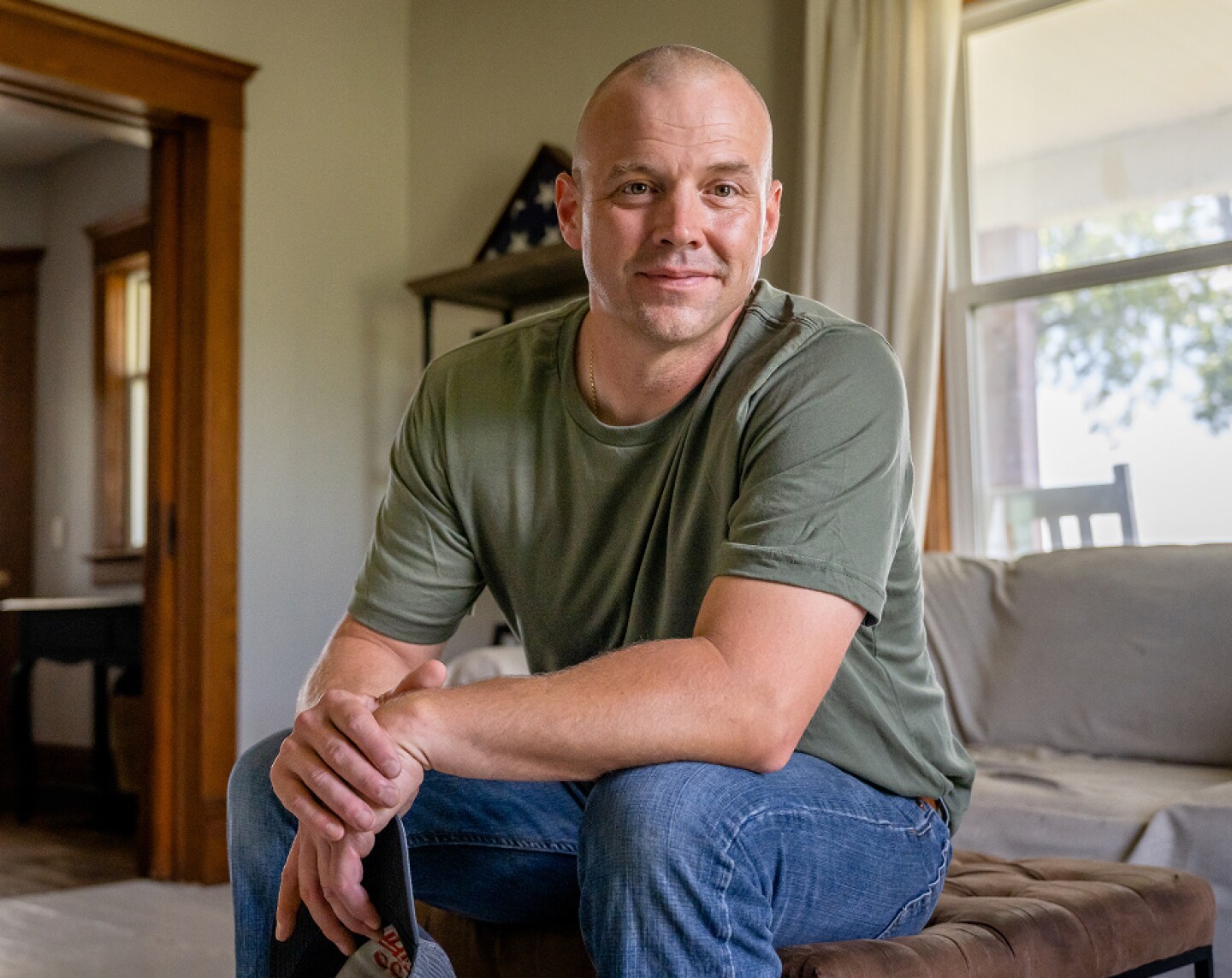
Our specialization in Military and Veterans Counseling within the Clinical Mental Health Counseling concentration prepares you to fill an urgent need for high-quality mental health services for active-duty military personnel, veterans and military-connected families.
Courses focused on the specific needs of military personnel and veterans are added to the foundational knowledge you gain through the core curriculum at William & Mary. When you graduate, you will have the flexibility to work in any area of counseling and the additional training to make a positive difference for this underserved population.
Many military personnel are mentally or physically traumatized by their active-duty experiences. Culturally sensitive counselors can help them, and their families, recover from post-traumatic stress disorder, depression, and the difficulties of readjusting to civilian life. Read more about trauma counseling for veterans.
In addition to coursework on trauma-related disorders, the online concentration in clinical mental health counseling with the Military and Veterans Counseling specialization prepares you for practice with classes on the culture and challenges of military life and the transition from active duty to veteran status.
Begin Your Journey to a Satisfying Career as a Licensed Professional Counselor
The Online M.Ed. in Counseling with a concentration in Clinical Mental Health Counseling is accredited by the Council for Accreditation of Counseling and Related Educational Programs (CACREP). It‘s designed as an entry-level degree for professional counseling.
What does that mean for you?
- We accept students from a variety of academic backgrounds
- We also prepare students for licensure and to work as a licensed substance abuse treatment practitioner (LSATP)
- Those interested in this specialization will benefit greatly from our curriculum focus on both clinical practice and general wellness
Prepare for Success With Our Concentration in Clinical Mental Health Counseling
Get Ready for Licensure
Learn from Field-Tested Counselors and Proven Leaders
Interested in Our Online Programs?
- Retrieved on November 21, 2025, from bls.gov/careeroutlook/2021/data-on-display/education-pays.htm
- Retrieved on November 21, 2025, from webmd.com/mental-health/guide-to-psychiatry-and-counseling


